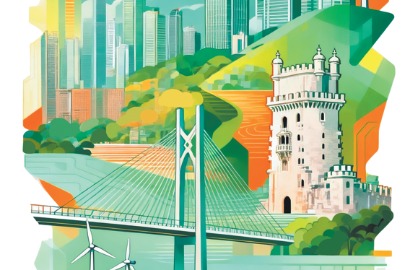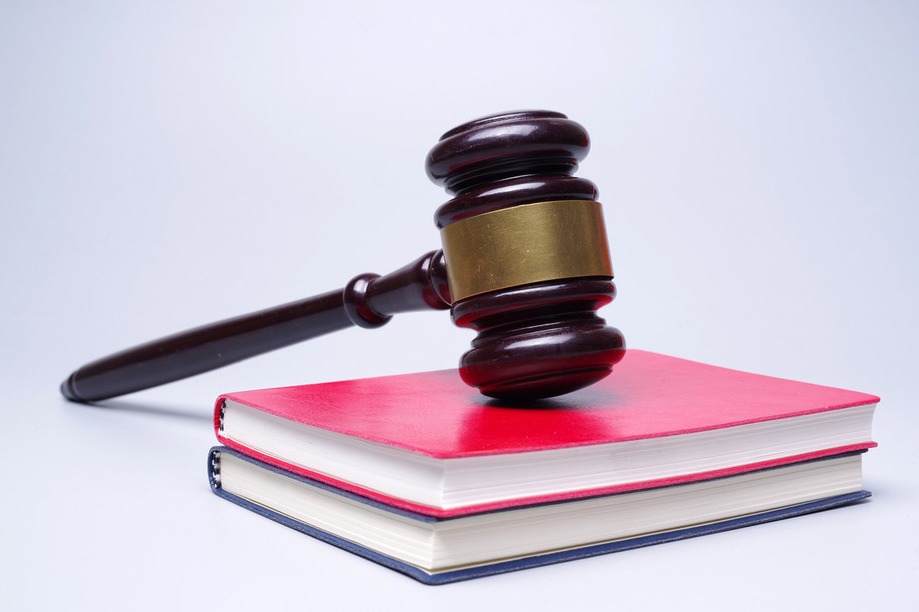Achievements make China a major power

 |
| Eswar Prasad [Photo/CHINA DAILY] |
What do you feel has been China's biggest achievement over the past five years? What's the most notable change you've observed?
China's policymakers have steered the economy through a series of difficult domestic and global challenges. They have kept the economy on a path of steady growth, pulling millions of people out of poverty, substantially improving the living standards of China's citizens, and establishing China as a major economic power.
What three words would you use to describe China today?
An economic and military superpower, assertive, providing global leadership.
What's the biggest challenge China faces, and how do you feel the country can go about overcoming this difficulty?
China needs to fix its financial system. This is crucial to improve allocation of resources to the most productive sectors of the economy, generate better employment growth, and reduce the risks to the economy from financial sector problems. Both the short-term goals of maintaining growth and longer-term goals of improving productivity and rebalancing the economy depend on the efficiency of the financial system.
What are your expectations for the upcoming 19th National Congress of the Communist Party of China? What are the key issues you care about most?
I hope that new members of the senior leadership team (the Politburo Standing Committee) as well as any new appointments at the major financial and regulatory agencies, are of people with an understanding of how important it is for China to make rapid progress on a broad range of macroeconomic and financial sector reforms.
After the Congress, I hope we will see a renewed effort to undertake a broad range of macroeconomic and structural reforms, including banking system reforms, corporatization of the State-owned enterprises, hukou (household registration) and land reforms, improvements to the fiscal revenue and expenditure systems, and a shift to a market-determined exchange rate.
How do you view China's role in today's world?
China has been attempting to play a constructive role as a global leader, accepting some of the responsibilities that come with that role.
With its economic might as the second-largest economy in the world, it has a key role to play in building up an international consensus on issues such as global governance, free trade, tackling climate change, and women's rights. The renminbi's increasing prominence as an international currency also means that China will start playing a bigger role over time in global financial markets.
Do you believe that some of China's experiences or practices could be used to solve pressing global problems? If so, what are they?
China has been very successful at experimenting with small-scale reforms before scaling them up. This is an approach that could be used to deal with a broad range of reforms, both at the country and global levels. China has also been effective at deploying state resources to improve the education system and the skills of its workforce.
While China itself still faces many challenges in these areas, its emphasis on education, rural development, and environmental consciousness are all relevant for other countries as well.
What's the most unforgettable experience or moment you've ever had in China, or related to China?
My first time in each of the major cities in China such as Beijing, Shanghai, Dalian, Tianjin has impressed me with the quality of physical infrastructure. As an Indian, I wish Indian cities had equally impressive infrastructure to boast of!
In my meetings and various interactions with Chinese leaders and policymakers, I have been impressed by their willingness to listen to advice from a broad range of domestic and international experts, and their eagerness to learn from the positive and negative experiences of other countries with various policies.


































